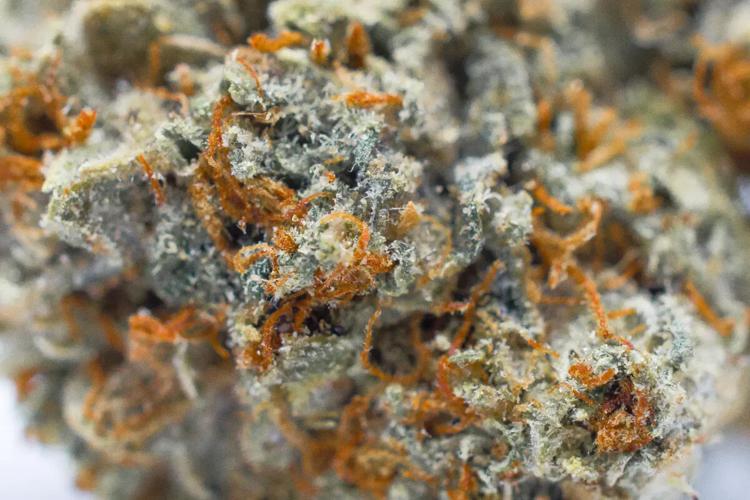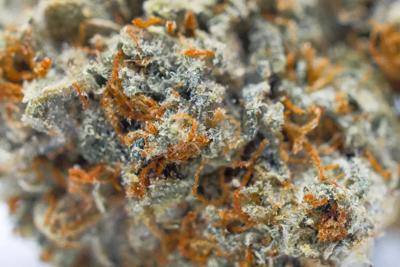Disclaimer: This is an advertisement post. The content was supplied by the advertiser, Cultura. The posting of this content does not constitute an endorsement from The pc28¹ÙÍøStar or its affiliates.
Cannabis is composed of a variety of naturally occurring compounds, each contributing to the plant’s overall chemical profile. Among these is THCA, a compound that exists in its raw, unprocessed form and plays a unique role in the spectrum of cannabis constituents. This article provides a detailed exploration of , its chemical properties, methods of consumption, and its presence in today’s market, offering a clear overview for consumers and industry observers alike.
The Chemistry of THCA
THCA, or tetrahydrocannabinolic acid, is the acidic precursor found in fresh cannabis plants. In its natural state, THCA exists before any form of processing alters its structure. A key process in cannabis preparation is decarboxylation, during which exposure to heat converts THCA into THC—a transformation that alters the compound’s chemical composition. This chemical reaction is fundamental to understanding the differences between raw cannabis compounds and their activated forms.
THCA vs. THC: A Clear Distinction
Although THCA and THC share a common origin within the cannabis plant, their properties differ significantly:
THCA: Present in unheated, raw cannabis, THCA remains in its acidic form. In this state, it does not undergo the decarboxylation process that is necessary for altering its structure.
THC: When cannabis is exposed to heat through methods such as vaping, smoking, or cooking, THCA undergoes decarboxylation. This process transforms it into THC, a compound known for its distinct set of effects.
Understanding this transformation is crucial. The method of consumption directly influences the chemical profile of the product, allowing consumers to choose whether to use the product in its raw form or to activate it through heating.
Production, Handling, and Market Offerings
THCA is naturally present in raw cannabis and is preserved in products that are marketed without exposure to significant heat. Various companies have introduced product lines featuring THCA, catering to consumers interested in exploring the unaltered form of this compound. For instance, some brands offer a range of THCA products across different cannabis strains. One example in the market is Terp Boys, which lists THCA-based products among its offerings. Consumers are encouraged to review detailed product information and independently verify any specifics regarding product composition.
The market today provides a range of options:
Product Variety: Multiple strains and forms are available to cater to diverse consumer preferences.
Diverse Consumption Methods: Products are offered in forms intended for raw consumption as well as those suitable for heat-activated use.
Transparency and Information: Consumers should seek out products with clear labeling regarding their intended use, ensuring they understand whether the product is to be used as-is or activated through heating.Â
Consumption Methods: Raw Versus Activated

The way THCA products are consumed significantly affects their chemical profile:
Raw Use: When cannabis products containing THCA are used without exposure to heat, the compound remains in its original acidic form. This method preserves the compound in its natural state.
Heated Use: Exposing THCA to heat — whether through smoking, vaping, or cooking—initiates decarboxylation, converting THCA into THC. This change results in a different set of effects compared to the unheated form.
It is important for consumers to understand these distinct methods so they can make informed decisions based on their personal preferences and intended use.
Considerations for Consumers
Before selecting a THCA product, consumers should consider several factors:
Product Research: Given the complexity of cannabis compounds, understanding the specific properties of THCA versus its activated form is essential.
Method of Use: Decide whether you intend to consume the product in its raw form or whether you plan to use a method that involves heating. Each method yields a different chemical outcome.
Independent Verification: Review product details carefully and consider reaching out to manufacturers or consulting independent sources for clarification. Transparent product labeling can help ensure that the product meets your expectations.
Staying informed about the chemical nature of cannabis compounds can empower consumers to make choices that align with their personal use preferences.
Conclusion
THCA is a unique compound within the cannabis plant, distinguished by its presence in the raw, unprocessed state and its conversion to THC upon heating. By understanding the underlying chemistry and the various methods of consumption, consumers can better navigate the diverse landscape of cannabis products. As the market continues to offer a range of options, clarity about product composition and usage remains essential for making informed choices. Whether exploring products available from brands like Terp Boys or others, a well-informed approach is the key to navigating this evolving segment of the cannabis industry.
Get 30 per cent off all THCa products, including pre-rolls, with our exclusive SEO offer. Use code THCATERP30 at checkout on . This limited-time deal is valid from today until June 20, 2025, and can be used once per customer. If we see strong conversions, we may extend it — so take advantage while it lasts.Â




























